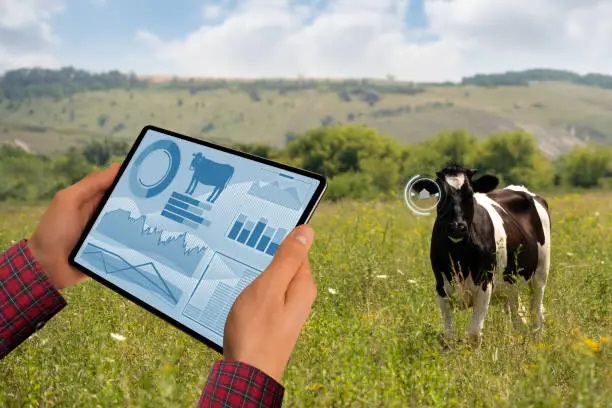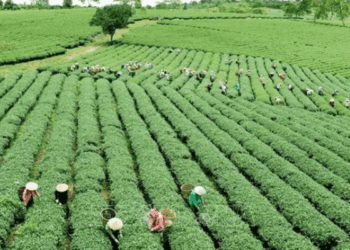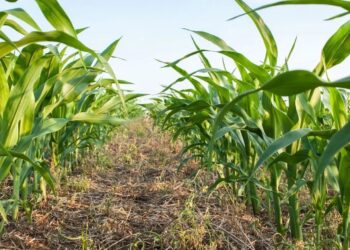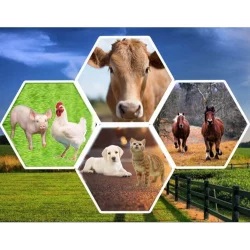In Nigeria’s vast livestock markets, where cattle herders lead their animals through dusty paths and traders haggle under makeshift shades, a quiet revolution is taking shape — not with ropes and sticks, but with smartphones, data tags, and digital applications.
From the grazing fields of Adamawa to abattoirs in Lagos, information and communication technology (ICT) is emerging as the new lifeline for animal production, disease control, and market access.
Minister of livestock development, Idi Mukhtar Maiha, said the future of the industry depends on these tools. Speaking in Abuja during a working visit by a team from Protein Trail Limited, Maiha stressed that modern livestock management requires more than just traditional herding skills — it needs precise data and traceability systems.
“Appropriate ICT data and relevant applications capturing the history of animals are what is needed to close the gap in managing animal health and traceability,” he explained, adding that such innovations would align Nigeria’s practices with global standards.
From Birth To Butchery — All In The App
Protein Trail Limited’s executive director, Olaseni Salako, demonstrated how his company’s new livestock management application records every detail of an animal’s life — from birth weight to colour, vaccination history, and health status until it reaches slaughter weight.
“Through the use of the app, animals can be traced up to the point where they are slaughtered,” Salako said. “Tagging animals and ensuring only certified abattoirs handle slaughter will help fight cattle rustling, improve disease control, and open doors to beef exports.”
The company is also developing a Quick Response (QR) code system for dairy and meat products, allowing consumers to instantly verify the source and safety of what they buy.
Beyond Tradition
For decades, Nigeria’s livestock sector has relied heavily on traditional methods, which have struggled to meet the demands of modern markets. Traceability — the ability to track animals from farm to fork — is now a requirement for entry into many international markets, where safety and quality assurance are non-negotiable.
Maiha believes embracing ICT could change everything, not only improving domestic supply chains but also positioning Nigeria as a competitive player in the global meat and dairy trade.
“This is about efficiency, safety, and market confidence,” the minister said. “With technology, we can ensure that our livestock is healthy, traceable, and market-ready.”
The challenges remain significant: poor rural internet access, high costs of equipment, and limited technical training for herders. But experts say these hurdles are not insurmountable. With targeted government policies, private sector innovation, and farmer education, the sector could become a major driver of Nigeria’s non-oil exports.
For now, in markets like Wudil, the old and new worlds of livestock trade exist side by side. But if Maiha and companies like Protein Trail have their way, a future where every cow has a digital record and every cut of beef can be traced back to the farm may arrive sooner than many expect.





